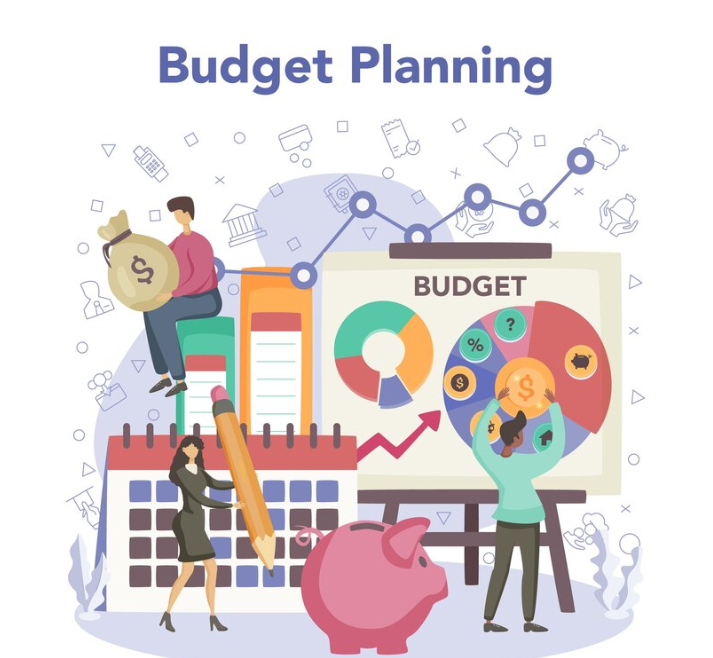The Benefits of Setting Up an Emergency Fund to Handle Unexpected Expenses with Ease
Life is full of surprises, and not all of them are pleasant. From sudden medical expenses to unexpected car repairs or job loss, unforeseen financial challenges can arise when least expected. Having an emergency fund can provide a safety net that helps you navigate these hurdles without falling into debt or sacrificing your long-term financial goals. Here’s why setting up an emergency fund is essential and how it can benefit you in the long run.
Financial Security and Peace of Mind
The primary benefit of an emergency fund is the sense of security it offers. Knowing you have a financial cushion to fall back on can significantly reduce stress and anxiety. Instead of panicking when an unexpected expense arises, you can tap into your emergency savings to cover the cost. This peace of mind is invaluable, as it allows you to focus on resolving the issue at hand without the added pressure of financial strain.
Avoiding Debt
Without an emergency fund, unexpected expenses often lead to debt. People may resort to credit cards, payday loans, or borrowing from friends and family, which can create a cycle of financial instability. Credit card interest rates, in particular, can be high, leading to debt accumulation that’s hard to pay off. An emergency fund allows you to cover these expenses without relying on borrowing, thereby avoiding debt and the associated interest payments.
Maintaining Financial Stability
An emergency fund serves as a buffer that helps maintain your financial stability. By setting aside money for unexpected events, you protect your other financial goals, such as saving for retirement, buying a home, or funding your children’s education. Without an emergency fund, you might have to dip into these long-term savings to cover immediate expenses, derailing your financial plans. With a dedicated fund, you can handle emergencies while keeping your other financial priorities intact.
Flexibility and Independence
Having an emergency fund gives you greater flexibility and independence in decision-making. If you face job loss or need to take time off work for personal reasons, your emergency fund can cover your living expenses until you’re back on your feet. This financial independence means you’re less likely to feel trapped in a bad job or forced into quick decisions due to financial pressure. You can take the time to find a job that aligns with your career goals or personal values without the immediate worry of paying bills.
Building Good Financial Habits
Creating and maintaining an emergency fund fosters good financial habits. It encourages regular saving and disciplined budgeting, which are foundational to overall financial health. By prioritizing your emergency fund, you develop a habit of setting aside money each month, which can then be applied to other savings goals once your emergency fund is fully stocked. This practice not only prepares you for the unexpected but also strengthens your overall financial management skills.
How Much Should You Save?
Financial experts generally recommend saving three to six months’ worth of living expenses in your emergency fund. This amount should be adjusted based on your personal circumstances, such as job stability, the number of dependents, and any ongoing financial commitments. While this goal might seem daunting, starting small and consistently contributing to your fund will help you build it over time.
Conclusion
In an unpredictable world, an emergency fund is your financial safety net, providing security, stability, and peace of mind. By setting up and maintaining this fund, you equip yourself to handle life’s unexpected challenges with ease, avoiding debt and protecting your financial future. Start building your emergency fund today—your future self will thank you.


